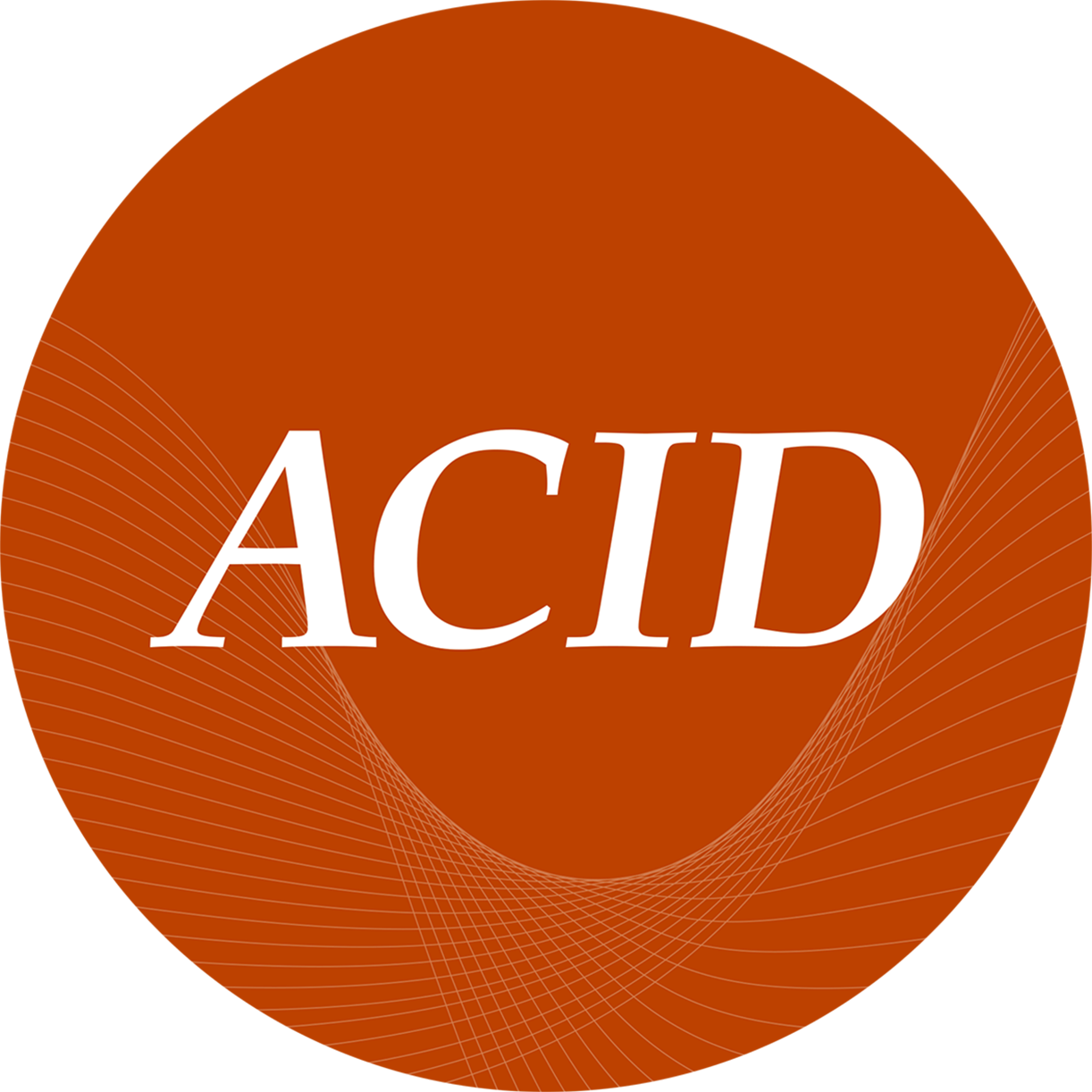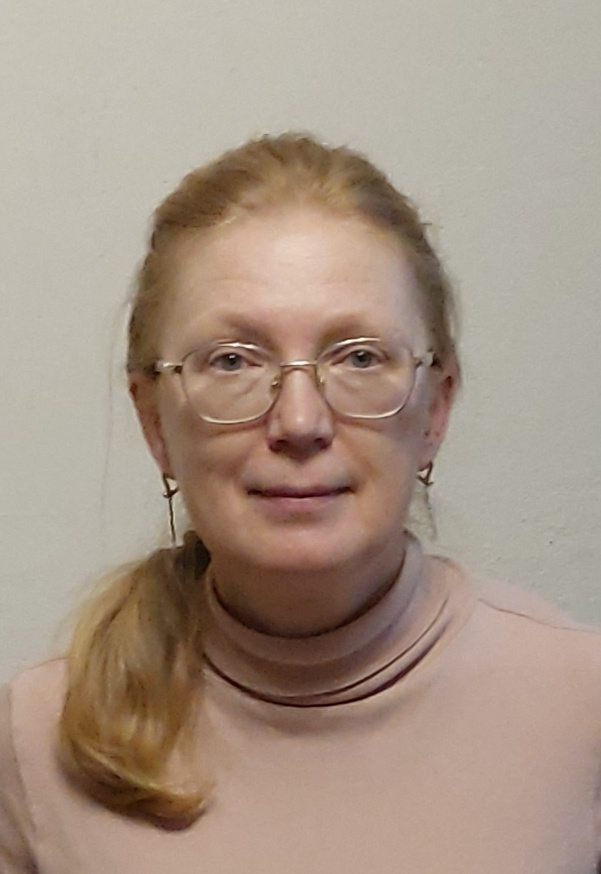Natalia Belkova, PhD, Associate Professor, Senior research scientist, Head of Laboratory of Microbiome and Microecology, Institute of Epidemiology and Microbiology, Scientific Center for Family Health and Human Reproduction Problems The primary areas of my research work are the molecular ecology of microbial communities, human microbiomes, and medical microbiology. Research on the human microbiome includes studies of the oral and gut microbiota in population groups of different ages in Eastern Siberia. In our work, we are interested in the regional aspect: two ethnic groups of the population have lived in the territory for a long time and have different prevalence of certain diseases. Another area of research is monitoring antibiotic resistance of opportunistic microorganisms at the population and in hospitals of various levels. Gut microbiome analysis in obese adolescents (Belkova et al., 2019, 2020; Grigorova et al., 2020; Klimenko et al., 2020-2023; Nemchenko et al., 2020) The study of the gut microbiota in the pathogenesis of obesity in adolescents confirmed the important role of breastfeeding duration and the mode of obstetrics in the formation of a stable gut community. Microbiome-associated determinants of metabolic, reproductive, and psychoemotional complications of polycystic ovary syndrome (Belkova et al., 2020, Klimenko et al., 2021, Suturina et al., 2023) Five indexes of alpha diversity (ASV, Shannon, Simpson, Chao, and ACE) were estimated for the gut microbiota of healthy women and patients with PCOS based on phenotype using amplicon metasequencing. “Classic” PCOS phenotypes showed the most significant decrease in alpha diversity compared with healthy women without any signs of PCOS. Study of healthcare-associated infections (Belkova et al., 2024; Grigorova et al., 2021; Nemchenko et al., 2021-2023) We studied the biological characterization and genotyping of clinical isolates of Klebsiella pneumoniae and Pseudomonas aeruginosa. I presented these data at the annual conference in the field-specific section. I am a member of the Federation of European Microbiological Societies and the Association of Medical Microbiologists (Russia). I am a member of the editorial board of the journal Artificial Intelligence in Gastroenterology and review articles in journals such as PlosOne (PLOS), Scientific Reports (Nature), the Journal of Advanced Research (ScienceDirect), Microorganisms, Nutrients, Biomedicines, etc. (MDPI). The main areas of my research interest are the molecular ecology of microbial communities, human microbiomes, and medical microbiology. I have been involved in molecular microbiology since 1994. During this time, I developed molecular methods in the field of microbiology in my region and at the scientific center. I taught at Irkutsk State University for 8 years, trained many young personnel who have been successful in the scientific world. I have a dream outside of my job: I want to create a sensory garden with many plants that are unusual to the Siberian region.







